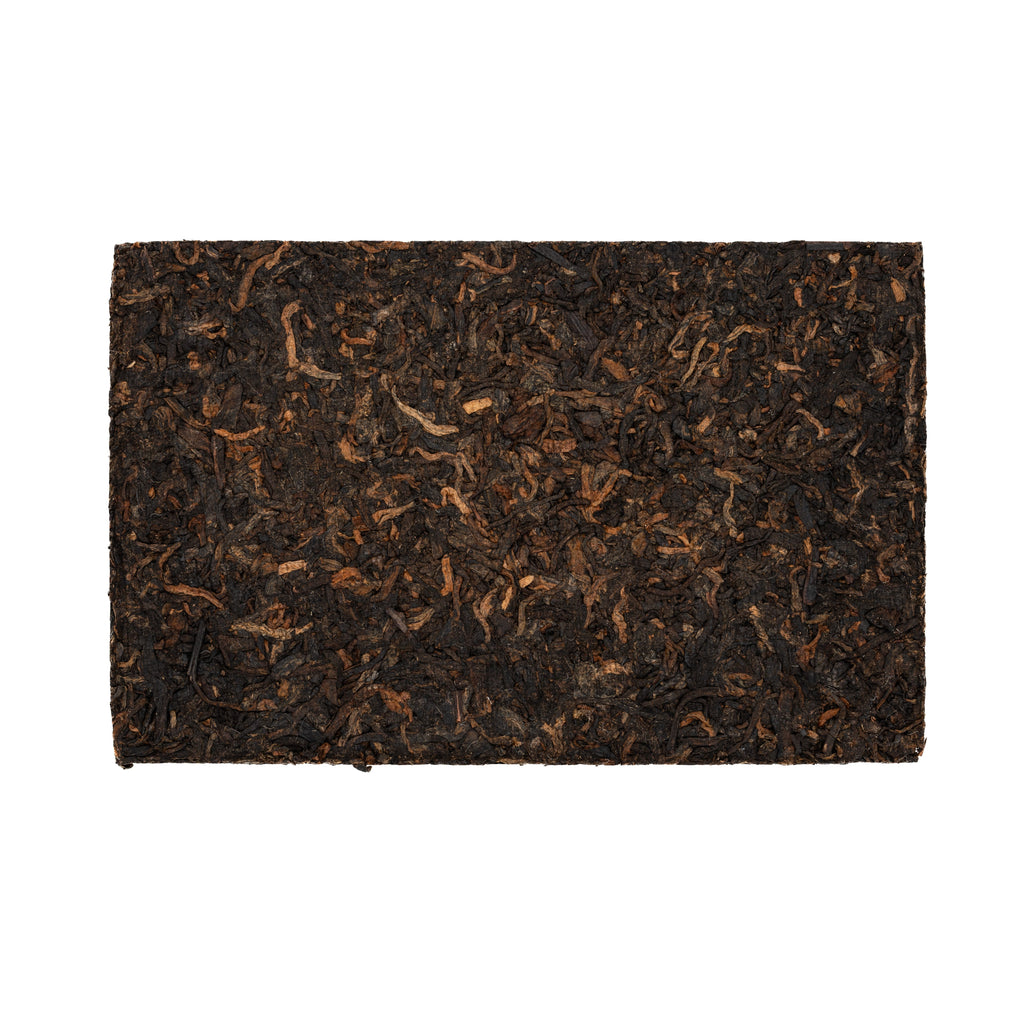Shu Puer

Shu Puer (熟普洱)
Shu Puer is a type of tea that originates in Yunnan province and is fermented.
Name
- 熟 (pronounced Shu in Mandarin): means "ripe" or "cooked."
- 普洱 (pronounced Pu Er in Mandarin): refers to the historic town, now known as Ninger, which was a hub for the trade and distribution of Yunnan tea.
History
Shu Puer was developed in the 1970's as a faster, more cost-effective alternative to aging Sheng Puer. The Wo Dui process, which was already used for Hei Cha, was adapted for Puer leaves. The process involves piling leaves in controlled environments with carefully monitered temperature and humidity. Microbes are encouraged to convert sugars and starches into aromatic compounds responsible for the flavors and aromas that we associate with Shupu (wood, soil, bark, etc).
Shu Puer has less potential for aging than its close cousin, Sheng Puer. Because of the post-fermentation process, much of the chemical transformations that would take years happens in a matter of weeks. As such, collectors often value Shu leaves less than Sheng, and producers tend to reserve their highest grade leaves for Sheng Puer. Despite this diminished potential for aging, Shu can have a complex range of flavors and remains worthy of exploration for it's own sake.
